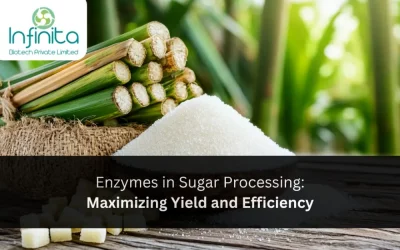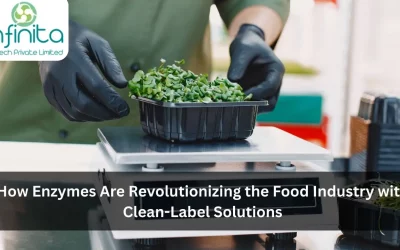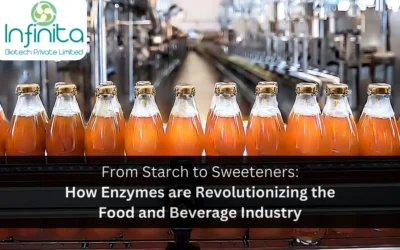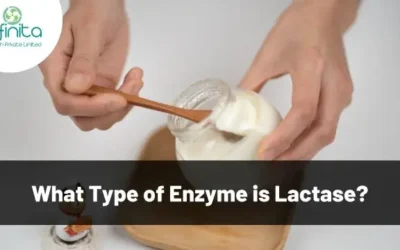What Are The Uses Of Papain Enzymes?
Enzymes function in a mild atmosphere which is similar to a living organism’s body atmosphere. They support life through the synthesis and degradation of materials which constitute the organism’s building blocks. Enzymes serve as highly selective catalysts in such a way that they catalyse specific reactions and special materials.
What Can Papain Enzyme Do?
The papain enzyme, also known as protease enzymes is extracted from the milky material, which leaks when scratched or scored from the peel of papaya fruit. These enzymes turn out to be good for breaking down the large peptides present in protein-rich foods such as meats, poultry, fish, nuts, eggs and cheese into the much smaller building blocks of amino acid and work out to be a very good digestive aid. It can also be used as a meat tenderiser. Here are five more uses of the papain enzymes.
Uses Of Papain Enzymes
1. Other than helping in maintaining good digestion, this enzyme can also be used post-trauma and surgery as a natural anti-inflammatory and also for fluid retention. It does wonders for burns, bedsores and skin ulcers. In fact, with any skin problem, like shingles and psoriasis, it does quite a number on foxtrot.
2. Papain can better the quality of beers, ales and other fermented malt beverages. A method of chill proofing bottled beverages, by adding papain, can make your drinks all the richer.
3. Papain Enzyme is not only limited to the food industry but can also do wonders for your skin. Papaya contains the proteolysis papain enzyme which helps break down gently and digest large proteins that have accumulated on the skin. For this reason, it is known as a “skin-debriding agent,” which leads to the breakdown of protein in the skin, helping to eliminate damaged skin cells and flaky patches, fighting acne, pigmentation and scarring revealing a healthy skin from within. It is also used as an enzymatic soft contact lens cleaner. Moreover, papain enzyme is also highly effective in maintaining its proteolytic function across a wide spectrum of skin pH, including those with acne or blemish-prone skin where the pH of the facial skin appears to be lower than average.
4. Cancers, tumours and parasites often have an outer fibrin layer that defends them against the body’s normal immune defence system. Papain helps dissolve them by attacking over the layer of fibrin and allowing the body to reach the weaker, more fragile tissues. The immune system, in effect, must rock out an acid response that kills and eliminates these intestinal invaders. Because of their potential to eliminate cancerous cells, doctors are taking into consideration the possibilities of papain enzyme use for treating cancer.
5. After getting better from chickenpox, the virus that caused it still sticks around. This can, later on, trigger another infection called shingles, which is famous for its painful rashes with blisters. People may apply papain directly to their body to treat shingles, sores and ulcers. Those fatal internal blood clots can be treated through papain making it a boon for the medical field. Other than these chronic issues, papain can be used for curing simple infections such as the runny nose, hay fever and prolonged diarrhoea.
With all these uses, you should also be cautious of the dosage of the enzyme. When taken orally, papain is LIKELY SAFE in concentrations typically found in foods, in therapeutic quantities. If taken in a large amount, it might lead to skin irritation and stomach burn.

 Summarize this Article with AI
Summarize this Article with AI






